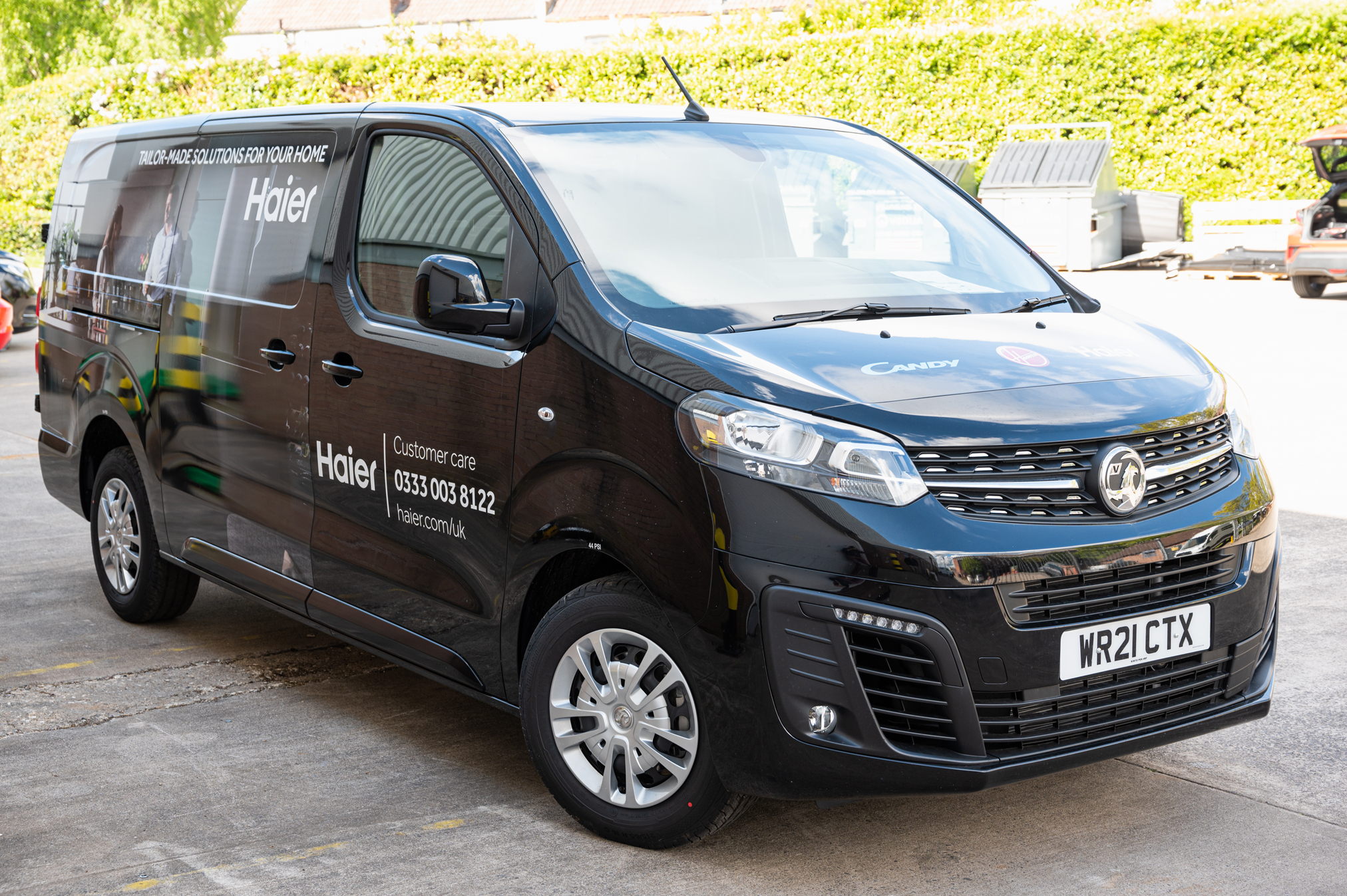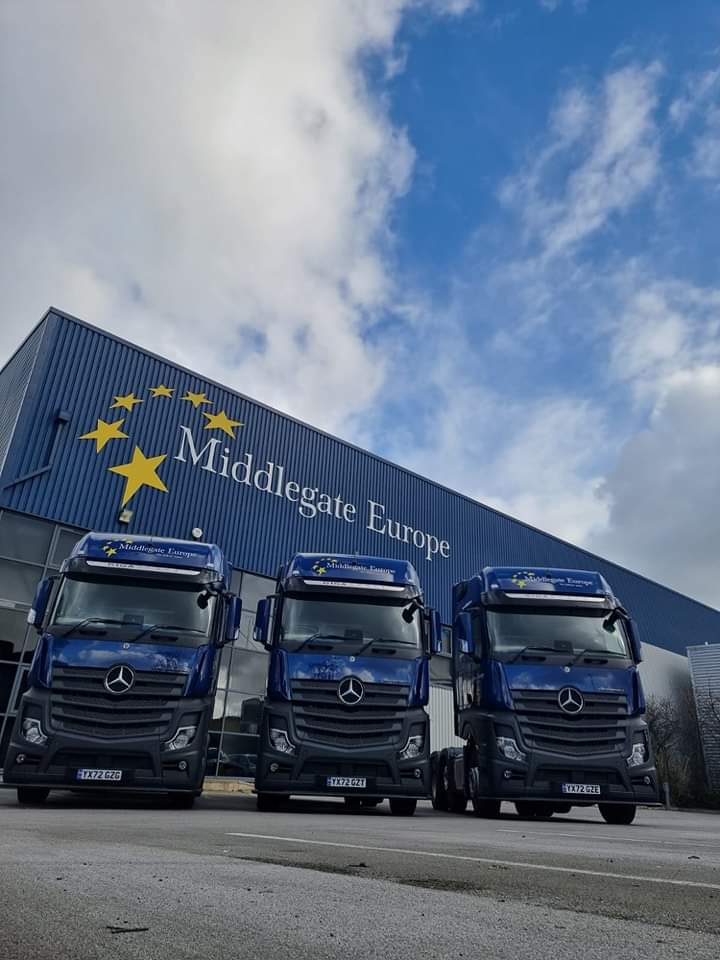HAIER EUROPE USES SURECAM’S VIDEO TELEMATICS ECOSYSTEM
HAIER EUROPE USES SURECAM’S VIDEO TELEMATICS ECOSYSTEM TO DELIVER FLEET MANAGEMENT AND RISK REDUCTION IMPROVEMENTS Haier Europe, part of Haier Smart...
2 min read
SureCam
Oct 21, 2019 4:38:00 PM

Submitting a timely FNOL report is one of the most important steps to starting the claims management cycle off on the right foot, and ultimately reducing claims costs. A few simple tricks like adjusting your timing, leveraging technology, and understanding when the best time is to submit your report could make all the difference for your fleet and your bottom line. Read on for a quick and easy guide to understanding FNOL and how you can use it to get ahead of claims.
Let’s start by breaking down some terminology. FNOL is a commonly used term that is short for “First Notification of Loss” or “First Notice of Loss”. This is the initial report given to an insurance provider following theft, loss, or damage of company property. For transportation professionals, FNOL is generally in response to an accident and collision. In most cases, the First Notice of Loss would be an initial call made to your insurance provider following an incident. This will kickstart a more formal documented insurance claims process led by your insurance provider.
Next, let’s break down a few points in the FNOL claims process in more detail to understand why it’s so important. The most critical part of the process is before your FNOL is even submitted, that is how will you be notified when an incident occurs. Many fleets overlook this step. Oftentimes, the first you will hear about an incident is through a phone call from the driver involved in the collision.
Unfortunately, by that time, you might have already lost control of the narrative. In that case, you will have to backtrack to provide the necessary or correct information to authorities. This could result in costly legal fees, the risk of not receiving coverage, and an extended timeline for the claims management cycle. Being able to step into picture faster with video evidence can help prevent additional steps and expenses.
After getting a head start on the claims process by addressing authorities on the scene, you will want to contact your insurance provider who will allow you to submit your FNOL report. Most people find that their first point of contact is with a representative at an insurance claims call center who will provide them with the next steps in the formal claims management process. While the steps for FNOL could vary slightly by provider, most people are typically asked to give the following information:
From there, your representative will provide you with the next steps in the claims process. But not to worry, by getting ahead of the FNOL report, you have taken the necessary steps to cut downtime and legal fees, and help make sure you will receive proper coverage.
Now that we know how submitting an early FNOL report can set the tone for a smooth and efficient claims cycle, it’s important to know how we can best leverage your technology to streamline this process. When looking into a connected camera system for your fleet, be sure to look for a platform that offers you access to the information you need when you need it.
Real-time access to notifications and video along with an easy to use data management platform can be time and money savers when you’re faced with rapid incident responses. These could be the features that set you apart from others when it comes to protecting your drivers and your brand on the road. By implementing a few small changes, you can boost your company’s bottom line and have access to the information that you need the most when it matters most.

HAIER EUROPE USES SURECAM’S VIDEO TELEMATICS ECOSYSTEM TO DELIVER FLEET MANAGEMENT AND RISK REDUCTION IMPROVEMENTS Haier Europe, part of Haier Smart...

Middlegate Europe, the international transport and logistics specialist, is targeting insurance, safety and efficiency improvements with a video...

Dashcams, once a novelty for scenic road enthusiasts, have rapidly become an essential part of fleet management in across a variety of industries....